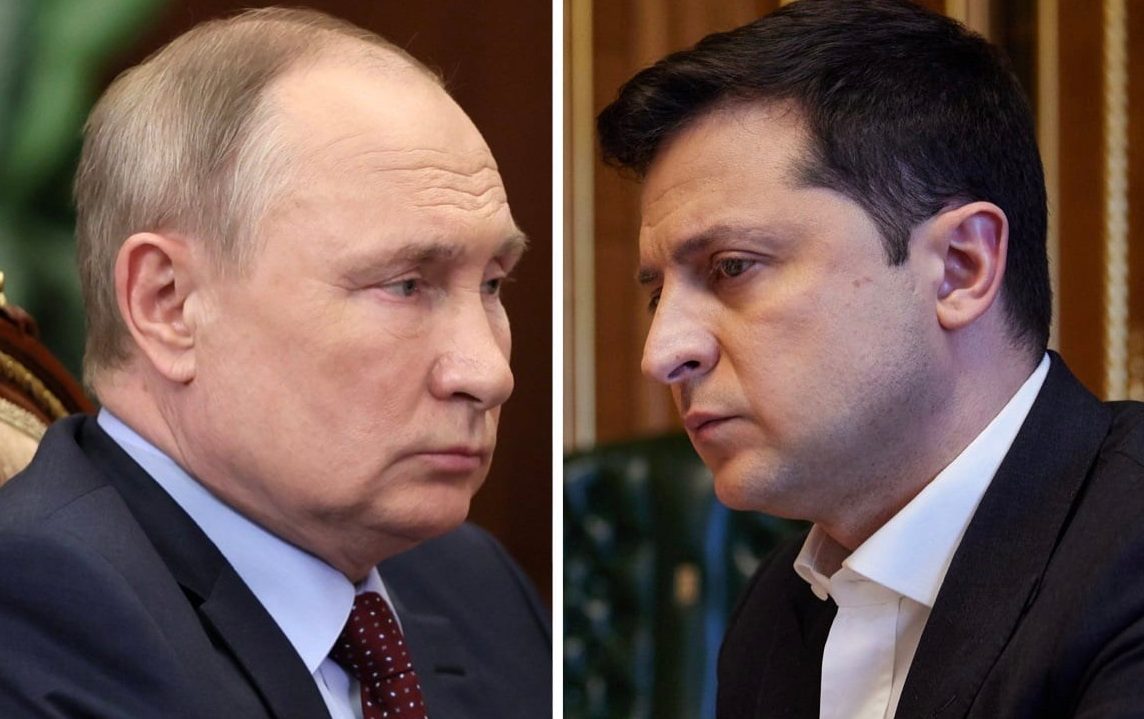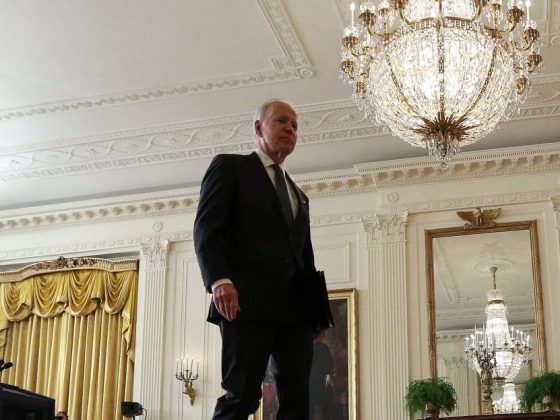At a time of deep chasms and violent disputes, we naturally seek to put out the fire. Yet, after the fire is extinguished, we tend to neglect the further work we need to do.
The war we see today, therefore, is the result of our past negligence. If we want not only to de-escalate the war, but prevent its recurrence, we need to cut out its root. To do so, we must agree to two basic principles: 1) We look beyond right and wrong, since we will never convince one another that we are right and they are wrong. 2) We build a bond above the disagreement. We nurture ties that strengthen our connection to the point that they engender a new bond above the mountain of hatred that still lives, and will continue to live underneath.
If we take these two steps, we will discover an amazing truth: The disputes themselves catalyze the emergence of the bond. Without a dispute, there might be calm, or complacency, or indifference, but there will never be a bond, a closeness of hearts.
“The same goes for disputes. They are here so we will rise to the challenge and build stronger bonds atop them. Like all obstacles, they will bury us if we choose inaction. However, if we use them for their intended purpose—to build a bond and tighten our connection—we will rise to new levels and reach unprecedented heights.”
Disputes force us to do two things: 1) Decide whether we want to keep our connection. 2) If so, we must reinforce it so that the bond between us will always be stronger than the disagreements that emerge.
If disagreements stop emerging, there will be no reason to strengthen the bond. Then, like an unused tool, it will rust and break down.
Conversely, if new disagreements arise, they force us to mend the new rifts that have surfaced. As a result, the bond between us grows even stronger than before.
Think, for example, of a house. If you want to build a house in a country where the wind never blows too strong, and the rain never falls too hard, and the temperature is always moderate, you do not need to build it very strong, with good insulation, and a roof that can withstand a blizzard. However, if you live in a country whose climate is inhospitable and turbulent, you need to build a very solid house to keep you safe and warm under extreme conditions. Simply put, it is the hardships that make you build a strong and solid house. Were it not for them, you would not make the effort.
The same is true of technology. Everything we have ever developed was in order to overcome difficulties and obstacles. The result is modern technology. Would we rather do without the obstacles and go back to living in caves? I am sure we wouldn’t. In retrospect, we appreciate the obstacles and difficulties, and often affectionately call them “challenges,” for they have made us who we are.
The same goes for disputes. They are here so we will rise to the challenge and build stronger bonds atop them. Like all obstacles, they will bury us if we choose inaction. However, if we use them for their intended purpose—to build a bond and tighten our connection—we will rise to new levels and reach unprecedented heights.











